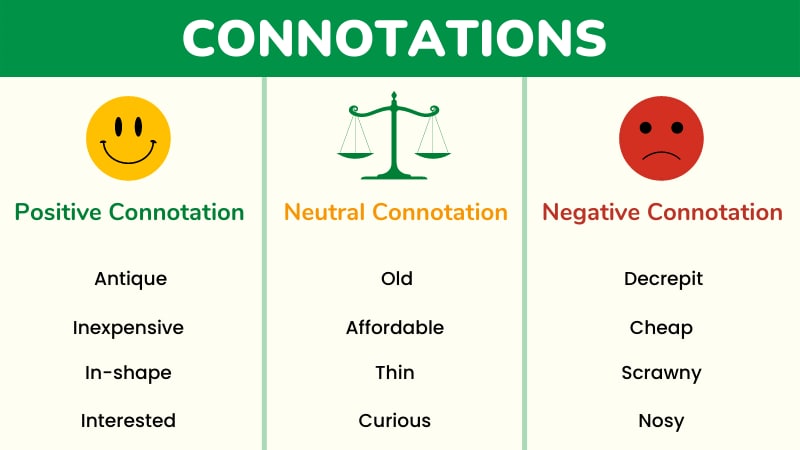Types of Narrative Writing
Narrative Writing
Did you wonder why the newspaper that you read is different from the Pride and Prejudice you finished a week earlier? That is because these two are different forms of narrative. A narrative writing is a storyteller on paper. This story can be real, and can be fake, or a mix of both. A narrative usually has characters, a setting, an antagonist, a plot that thickens and unfolds time to time, and an ending happy, sad or real.
Types of Narrative Writing:
There are 3 major forms of narrative writing. They are:
- Fiction
- Non-fiction
- Poetry
Fiction:
A fiction is an imaginary narrative, which is based on the writer's thoughts and feelings presented as a collection of many events. A fiction can be any of the following:
- Novella: A novella is normally longer than a short story but shorter than a novel, somewhere between 30,000 and 50,000 words. E.g. Strange Case of Dr. Jekyll and Mr. Hyde
- Novel: This is a long work of narrative fiction that ranges from 55,000 to 300,000 words. E.g. The Alchemist
- Short Story: A short story is a form of fiction that can range anywhere from 1,500 to 30,000 words. E.g. Cinderella
- Parable/Fable: A story that teaches something in the end. E.g. Aesop's Fables
- Folk Tale: It is a story that parents have passed on to their children through speech over many years. E.g. Japanese Folk Tales
- Fantasy: A writing that contains unreal settings/magic, is set in a medieval time, sometimes involves mythical creatures or supernatural forms in the plot or theme. E.g. Harry Potter
- Play: A fiction that is written in the form of exchanging dialogues in communication. E.g. Hamlet, etc.
Read More:
Non-fiction:
Non-fictions are narratives based on real information or facts or happenings. A non-fiction writing can be any of the following:
- Biography: A detailed description of a person's life, including their birth, life events and/or death. E.g. Shakespeare's biography.
- Autobiography: The story of a person as told by that person. E.g. Dreams from My Father.
- Philosophy: A writing on the study of the fundamental nature of knowledge, reality, and existence etc. E.g. Apology
- History: This is usually recalling a past event and putting in into words. The writer can weave a touch a fiction in it, making it a historical fiction to be compatible with modern times and to add value. E.g. The Art of War
- Diaries and Journals: A recalling of events in the first person or a magazine that deals with a particular subject put in writing. E.g. The Diary of Anne Frank.
- Theories and Research: A writing based on assumptions formulated on the basis of facts or findings and supporting that to come up with an end result or an idea. E.g. The Theory of Relativity.
Poetry:
A poetry can be both fictional and/or nonfictional. It is like comparing one twin with another. A poetry is a narrative where the expression of feelings and ideas is given intensity by the use of distinctive style and rhythm.
A poetry may be:
- Sonnet: A poetry with 14 lines that rhyme. E.g. Shakespeare's Sonnet
- Epic: A long narrative poems that celebrate the achievements of a hero. E.g. The Epic of Gilgamesh, Illiad, Odyssey, etc.
- Limerick: A 5-line poems where lines 1,2 and 5 rhyme. Again lines 3 and 4 rhyme. These poems are usually witty. E.g. The Complete Limerick Book. etc.
These are the different forms that you need to know before the next time you write a narrative. So, now you know what exactly you want to write.
Grammar
Read More
- How to Use "Therefore" in Sentences Avoiding Common Mistakes
- How to Use "Whereas" with Examples and Avoid Common Mistakes
- When and How to Use "Thus" Correctly Without Common Mistakes
- How to Use "On the Contrary" Properly with Meaning and Examples
- When and How to Use "Either/Or" with Examples and Common Mistakes to Avoid
- How to Use "On the Other Hand" Effectively without Mistakes
- How to Use "Respectively" with Example and Common Errors to Avoid
- How and When to Use "Moreover" Without Mistakes
- How to Use "Likewise" in Sentences Based on Context & When not to Use
- When & How to Use "Although" in Sentences to Avoid Mistake

